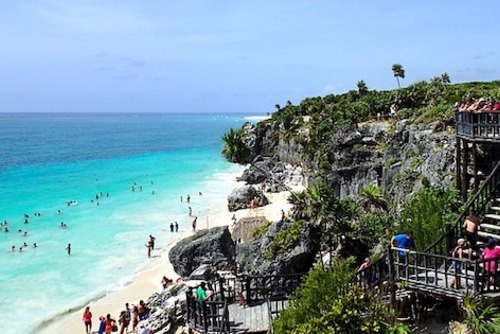Find out everything you need to know about working as a hospitality manager including requirements, skills, responsibilities and salary.
Hospitality Careers
If you are thinking about a job in hospitality industry these are the types of roles available:
- Catering Manager
- Hotel Manager
- Receptionist
- Restaurant Manager
- Bar Staff
- Chef
- Event Manager
- Housekeeper
- Accommodation Manager
- Executive Chef
- Maintenance worker
- Marketing Executive
- Restaurants
- Barista
- Food and beverage
- Sommelier
- Wedding Coordinator
What Does a Hospitality Manager Do?
A hospitality manager is the person oversees daily operations, manages staff, ensures things run smoothly, handles customer complaints, and helps improve quality standards in hospitality facilities.
Where Can You Work
You can find jobs all around the world, these are just some of the places you can find work as a hospitality manager:
- Hotels and Resorts
- Restaurants
- Leisure Centres
- Holiday Parks
- Casinos
- Cruise Ships
Role and Responsibilities
The hospitality manager job description differs from one establishment to the next, but there are similarities with every role.
The primary skills you will need to do this job efficiently are customer service and operations management experience. Usually you will have worked in the hospitality industry previously and knows the ins and outs of what to do to be successful.
When working as a hospitality manager you will be managing a team of people, so you will need patience, offer advice and be able to oversee the overall running of an establishment.
Other duties of hospitality manager include working with other managers, CEO's and directors to ensure the smooth running of the business at all levels. You might be hiring from time to time too, so you will need to collaborate with the HR team.
Education and Skills Requirements
To get hired, you will need to have your resume written, list all your strenght and experience and make a good impression at an interview.
Most companies look to hire people with degrees, but some also offer courses and training programs. if you don't have a formal educational background.
If a career in this industry does appeal to you, you may want to study a subject llike hospitality management or business as this will boost your ability to work better in this role.
A bachelor degree in hotel management or any business management specialty, is recommended. You could also boost your skills with professional courses in service management, facilities maintenance, food management, accounting, and human resources.
A degree gives you a solid understanding of management and leadership while other courses will help make you all-rounded in the hotel business.
As for skills, you may want to start at a cafe, restaurant or at a hotel and grow your practical skills and experience. If you are lacking skills you might want to consider hospitality internships.
Career progression can seem slow but it is really rewarding when you rise to the levels of management and you see salary increases and get more responsibilities.
What to Expect
You will have to know the workings of the industry to be effective and also know the hours can be long, so you will need a passion for your job to make it in this industry.
One exciting factor you may want to note is that the industry is almost always hiring, especially at the higher levels, since there are more jobs than qualified personnel.
There are also jobs all over the world, and some employers offer the chance for transfers to their overseas locations.
It helps to work under experienced staff or mentors to build confidence and skills if you hope to rise to higher in the industry.
Salary
Salaries vary depending on the country, location, your skills and experience and the employer.
In the USA, a hospitality manager salary averages $50,712. When starting out in the industry salaries can be low, you might be lucky to make over $30-40,000 annually after bonuses and other perks, but salaries improve as you scale the ladder.
Getting employed in the hospitality industry is easier in countries that have a large tourism industry, so you might want to be open minded about jobs overseas as well as looking closer to home.
Salaries can go as high as $170,000 per. year as your skills, education, and experience grow, so it helps to keep building upwards. Casino managers are especially well compensated as the job is more demanding than a regular hotel.
Is a Hospitality Manager a Good Career?
We hope this article gave you an insight into what a hospitality manager does, and you now know the requirements and benefits.








